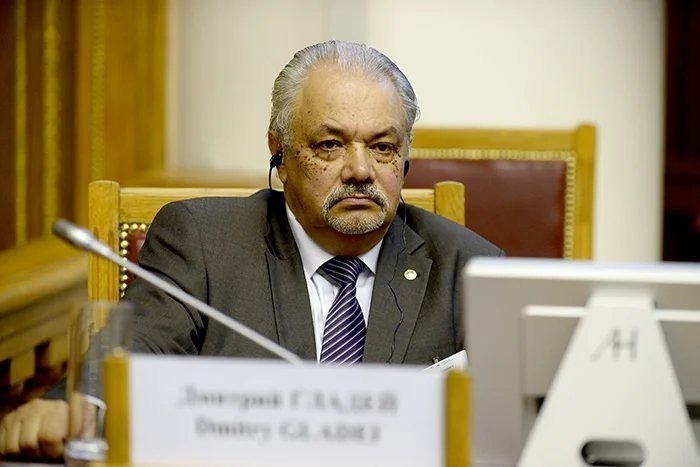Russian FSB recruited Latvian MEP Ždanoka - media investigation. PHOTO
MEP from Latvia Tatjana Ždanoka (Russian Union of Latvia) has been reporting on her activities to her supervisors from the Russian Federal Security Service (FSB) since at least 2004 and asking them for funds for events.
This is stated in a joint investigation by The Insider, the Estonian Delfi, the Latvian edition of Re:Baltica, and the Swedish Expressen, Censor.NET reports.
Cooperation with the FSB curators
According to Zhdanok 's hacked email correspondence, in 2005 she was already in touch with her supervisor, at that time an officer of the St Petersburg Federal Security Service, Dmitry Gladey, who continued to work with Zhdanok until 2013. He is now 74 years old.


One of these emails contained two files: a draft agenda for the conference in Tallinn and Narva, sponsored by two parliamentary blocs - the European Parliament's Green faction and the European Free Alliance; the second attachment was a draft press release about the conference.
In the same year, the Estonian Internal Security Service (KaPo) stated in its public report that the European Russian Alliance, of which Zhdanok is a member, is a front for the FSB, whose creation was "prepared in St. Petersburg and presented as a triumph in a report directly to the FSB director".
He then began to forward her reports to a new anonymous email address, [email protected]. Later, he virtually introduced her to a man named Sergey Krasin, to whom she began to send her intelligence reports directly. "Krasin was identified by the unique password of the owner of the [email protected] email account, which was leaked to the network. This password was also used in conjunction with a telephone number belonging to Sergei Beltyukov, a serving FSB officer from St Petersburg.
Zhdanok helped curators get into the EU
Zhdanok also launched a radio programme in Latvia called "Russian School Time", in which she warned Russians living in the country about "possible problems associated with sending children from Russian families to Latvian (language) schools". She also noted that she is preparing an upcoming exhibition in the European Parliament entitled "Russians of Latvia" to present ethnic Russians as the true indigenous population of Latvia.
According to the investigation, another FSB operative worked with Zhdanok. Information about this surfaced in 2022, when an Estonian court was considering the case of Sergei Seredenko, the self-proclaimed Estonian Human Rights Ombudsman, on charges of anti-state activities (Seredenko was sentenced to 5.5 years in prison). Artem Kureev was among the seven FSB officers who supervised Seredenko. The Estonian verdict states that in 2014, Zhdanok applied to the Belgian Embassy in Moscow to obtain a Schengen visa for Kureev to visit the European Parliament from 2 to 8 April, shortly after the occupation of Crimea.
Thus, Zhdanok not only sent her FSB handlers reports on her activities, but also used her status as an MEP to help them enter the EU.
Zhdanok denies cooperation with the FSB
In a comment to Re: Baltica did not deny the authenticity of the letters, but refused to comment on their content.
She also denies collaborating with the FSB and claims that she was simply talking to a friend, Sergei Gladey, whom she met in her youth, in 1970, at a campsite in the Caucasus.
"I declare that I will not be intimidated. My like-minded people and I will continue to use the rostrum of the European Parliament to fight neo-fascism," Ždanoka said in a statement to the media.
The Latvian State Security Service (VDD) in a commentary to Re:Baltica noted that Latvian law has been punishing assistance to a foreign state or foreign organisation in anti-Latvian activities since 2016. This law does not have retroactive effect.
